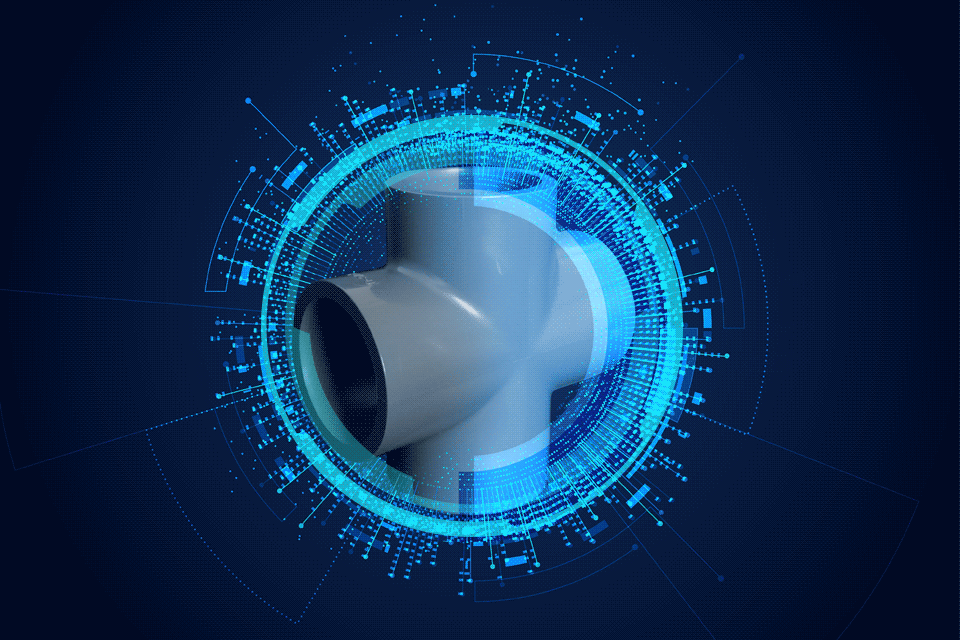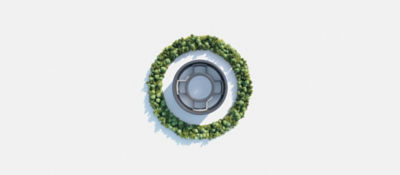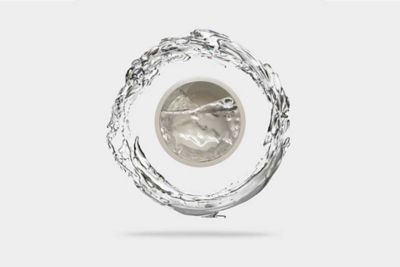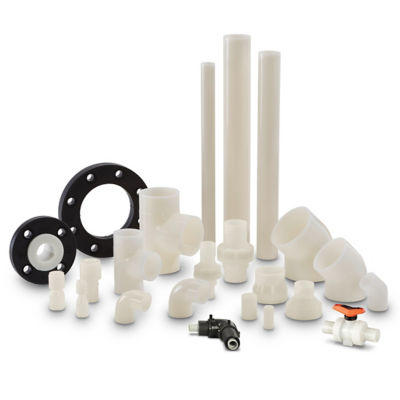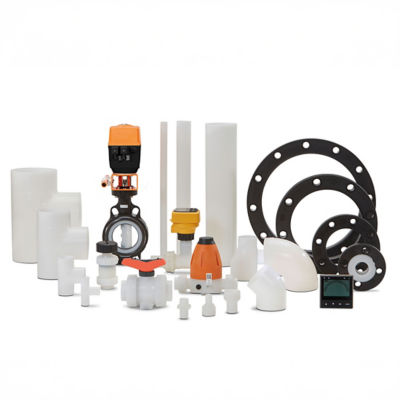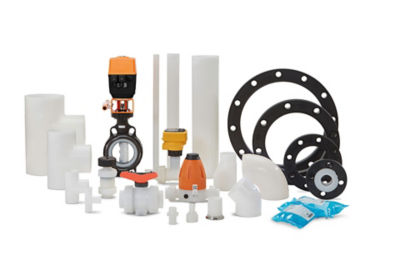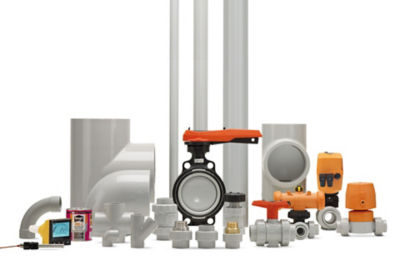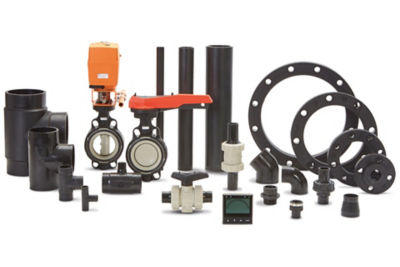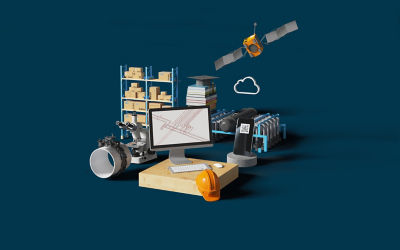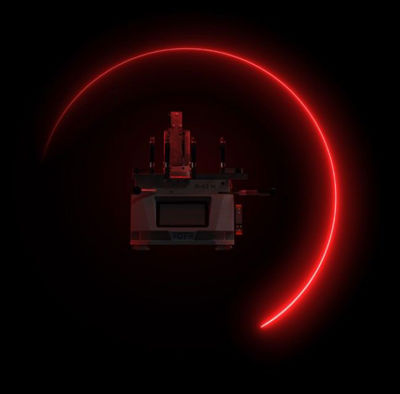Seguridad en Condiciones Extremas
Garantizar la seguridad en los procesos operativos de la industria química es crucial, especialmente al trabajar con materiales peligrosos que pueden poner en riesgo a las personas, el medio ambiente y la infraestructura. El principal desafío para los fabricantes de productos químicos en la actualidad radica en equilibrar el cumplimiento de normas de seguridad con la necesidad de mantener una producción consistente, alta productividad y rentabilidad.
Cumpliendo con las normas de seguridad actuales, nuestro portafolio de sistemas, tecnologías de unión, válvulas y soluciones de medición garantizan un control óptimo del proceso, así como la seguridad y disponibilidad continua de la planta. Además, en la etapa previa al proyecto, brindamos a nuestros clientes un acompañamiento personalizado y experto para seleccionar la solución más adecuada a sus necesidades.










